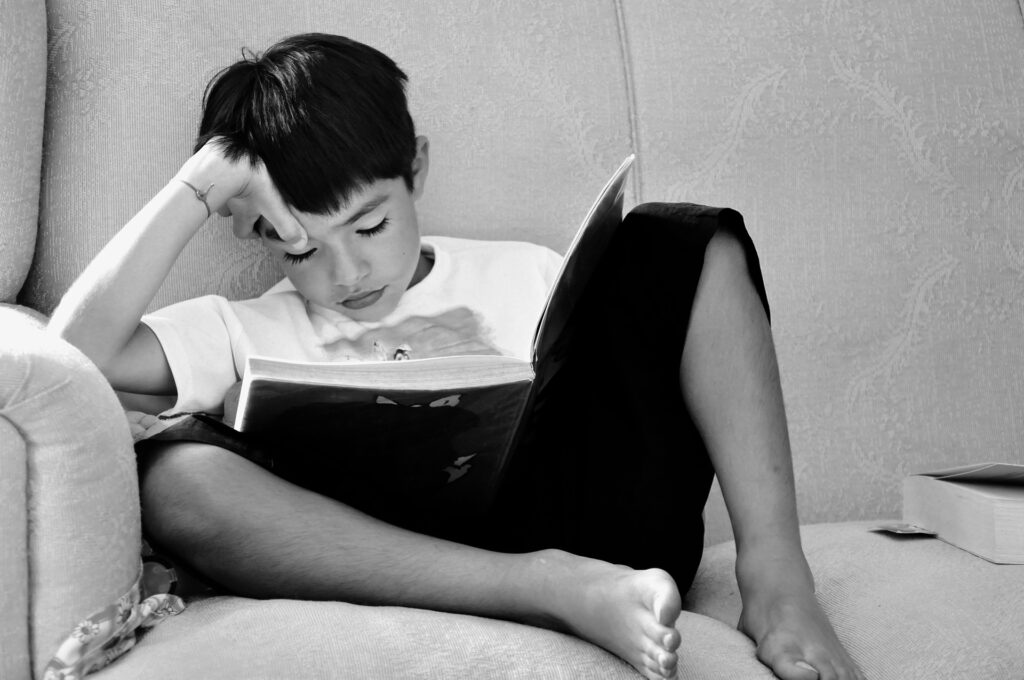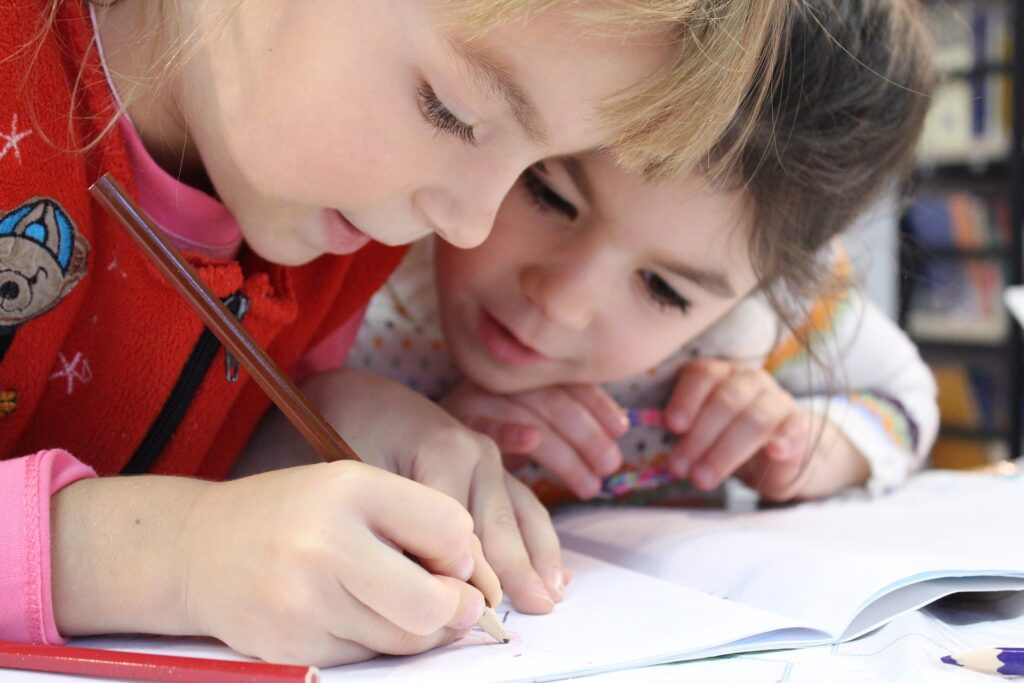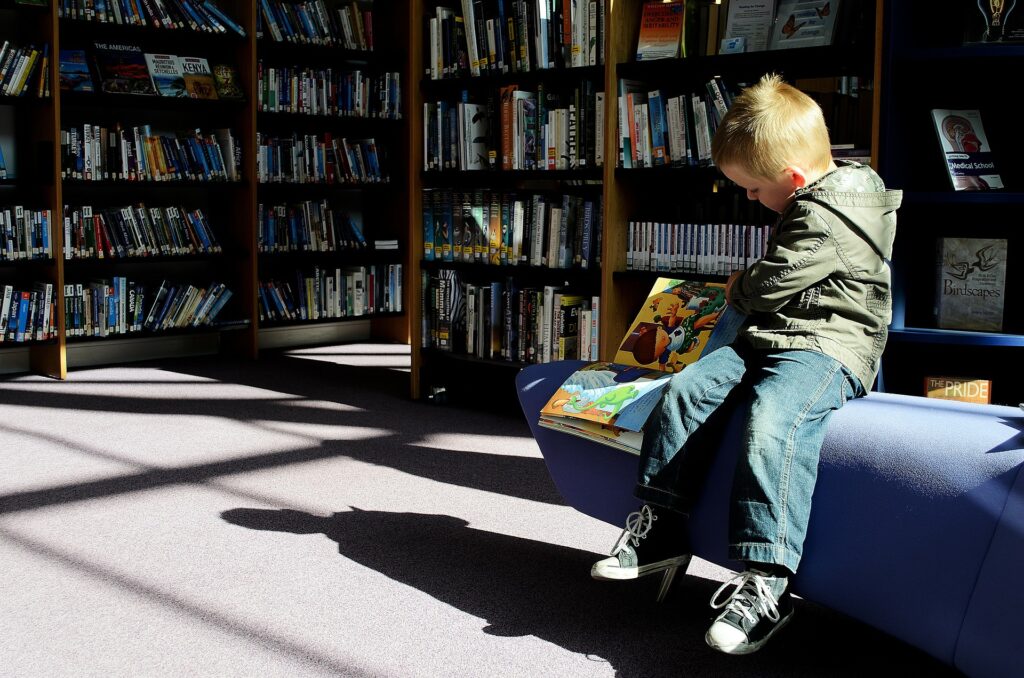Decoding Addiction: How Cognitive-Based Therapies Treat Substance Use Disorders

How new approach in cognitive-based therapy is creating effective individualized treatment plans to patients in addiction recovery.
Commentary on the review of measures of early childhood social and emotional development: Conceptualization, critique, and recommendations

Campbell, Susan B., et al. “Commentary on the review of measures of early childhood social and emotional development: Conceptualization, critique, and recommendations.” Journal of Applied Developmental Psychology 45 (2016): 19-41.
The Evidence Base for How We Learn: Supporting Students’ Social, Emotional, and Academic Development. Consensus Statements of Evidence from the Council of Distinguished Scientists

Jones, Stephanie M., and Jennifer Kahn. “The Evidence Base for How We Learn: Supporting Students’ Social, Emotional, and Academic Development. Consensus Statements of Evidence from the Council of Distinguished Scientists.” Aspen Institute (2017).
The impact of enhancing students’ social and emotional learning: A meta-analysis of school-based universal interventions

Durlak, J. A., Weissberg, R. P., Dymnicki, A. B., Taylor, R. D. & Schellinger, K. B. (2011). The impact of enhancing students’ social and emotional learning: A meta-analysis of school-based universal interventions. Child Development, 82, 405–432.
Social‐Emotional Competence: An Essential Factor for Promoting Positive Adjustment and Reducing Risk in School Children

Domitrovich, C. E., Durlak, J., Staley, K. C., & Weissberg, R. P. (2017). Social-emotional competence: An essential factor for promoting positive adjustment and reducing risk and school children. Child Development, 88, 408-416. doi:10.1111/cdev.12739
The Implications of Cognitive Style for the Management of Student-Supervisor Relationships

Armstrong, Steven, Christopher W. Allinson, and John Hayes. “The implications of cognitive style for the management of student‐supervisor relationships.” Educational Psychology 17.1-2 (1997): 209-217.
Cognitive style and the theory and practice of individual and collective learning in organizations

Hayes, John, and Christopher W. Allinson. “Cognitive style and the theory and practice of individual and collective learning in organizations.” Human relations 51.7 (1998): 847-871.
Learning preferences and cognitive style: Some implications for continuing professional development

Sadler-Smith, Eugene, Christopher W. Allinson, and John Hayes. “Learning preferences and cognitive style: Some implications for continuing professional development.” Management Learning 31.2 (2000): 239-256.
The Split-Brain Phenomenon Revisited: A Single Conscious Agent with Split Perception

Pinto, Yair, et al. “The Split-Brain Phenomenon Revisited: A Single Conscious Agent with Split Perception.” Trends in Cognitive Sciences, vol. 21, no. 11, Nov. 2017, pp. 835–851., doi:10.1016/j.tics.2017.09.003.
Relationship of Cognitive Style and Job Level: First Demonstration of Cultural Differences

Kageyama, Tetsuya, and Motoaki Sugiura. “Relationship of Cognitive Style and Job Level: First Demonstration of Cultural Differences.” Frontiers in Psychology, Frontiers Media S.A., 25 July 2017.
